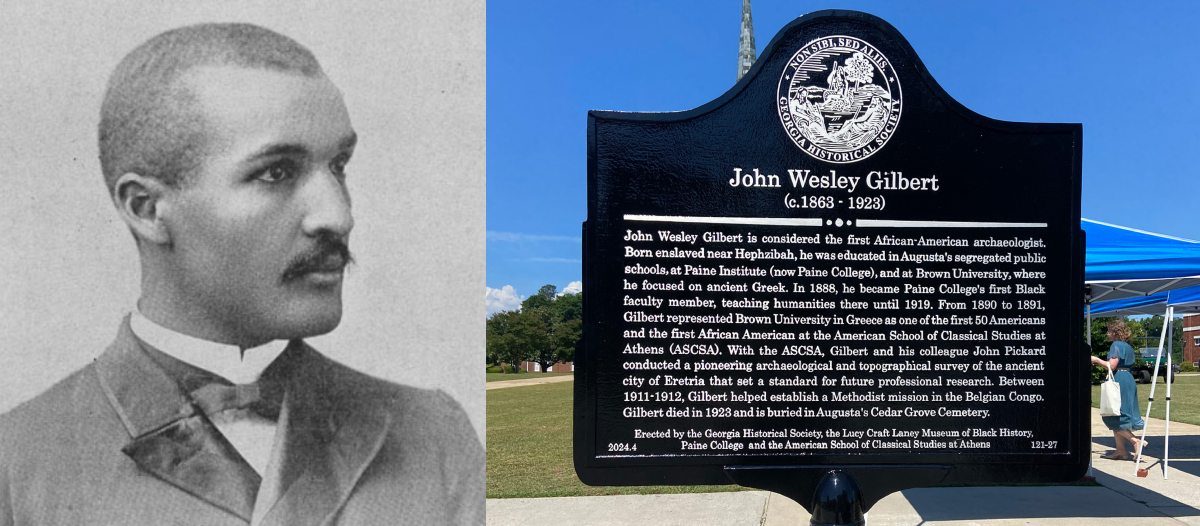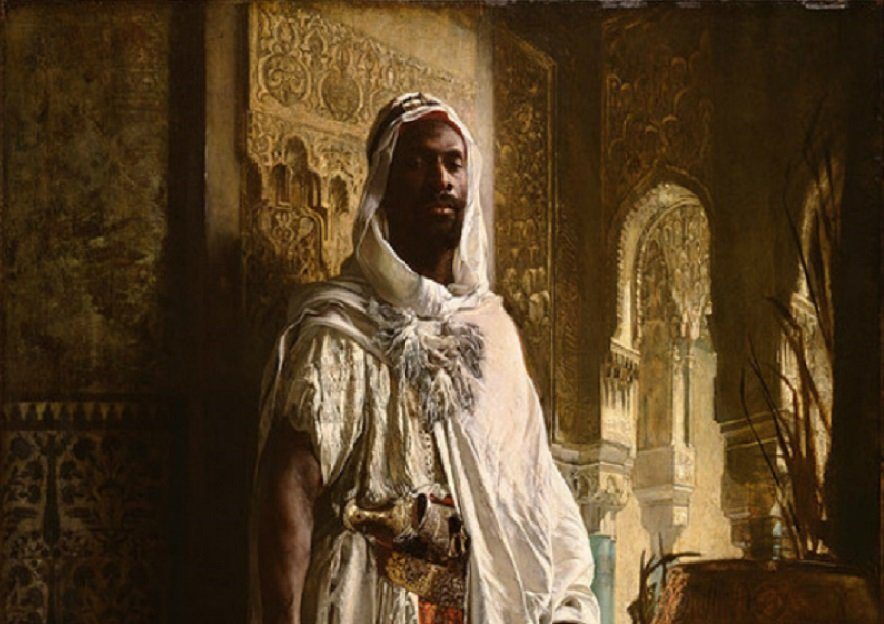John Wesley Gilbert was one of America’s great scholars, a classicist, linguist, archaeologist, and educator. His dedication, faith, and commitment to education took him from the poverty of his native Georgia to Brown University, Greece, Africa, and beyond.
Born on July 6, 1863, in Hephzibah, Georgia, to Gabriel and Sarah, Gilbert attended local public schools while working as a farmhand in his youth. In 1878, he enrolled in Augusta Institute, where he studied for two years before beginning his teaching career at Ware High School in Richmond, Georgia, in 1880.
He taught there until 1883, then enrolled at the newly established Paine College in Augusta, becoming the institution’s first student. From 1884 to 1886, he studied Greek and other foreign languages before transferring to the junior class at Brown University in Rhode Island. At Brown, Gilbert became one of the first ten Black students and the third African American to receive an A.B., graduating in 1888.
In 1888, Gilbert returned to Georgia and began courting Osceola K. Pleasant, a teacher and graduate of Paine College and Fisk University. The couple married in 1889 and had four children together. While attending Brown University, Gilbert received a scholarship to study at the American School of Classical Studies in Athens, Greece.
In 1890, he traveled to Greece, becoming the first African American to attend the school. During his time there, he participated in archaeological fieldwork, including an excavation that led to the discovery of the ancient Greek city of Eretria. Gilbert created the first map of the area, marking a significant contribution to archaeology.
READ ALSO: Meet Richard Theodore Greener, Harvard’s First Black Graduate Who Was Accepted Into The School as an “Experiment”
Upon his return to Brown in 1891, Gilbert focused on archaeology, earning his master’s degree in the field—the first African American to do so at the institution. Gilbert, who mastered French, German, classical and modern Greek, Latin, and the African languages Otetela and Tshiluba, was among the first Americans of any ethnicity to conduct professional archaeological work in Greece, the Mediterranean, or the Near East. His thesis on ancient Athens helped him earn his master’s degree, further establishing his academic legacy.
Gilbert was also a fierce advocate for interracial cooperation and was the first African American to attend the American School of Classical Studies at Athens (ASCSA) in 1890 and 1891. He was also among the first students at the Methodist-sponsored Paine Institute, now Paine College, an HBCU in Augusta, Georgia. He later became its first Black instructor and taught there for more than 30 years, working closely with the school’s white president, Rev. George Williams Walker, who became a lifelong mentor and friend.
Before his death in 1923, Gilbert was also known for his missionary work in the Belgian Congo in 1911 and 1912. He served as a representative of the Colored Methodist Episcopal Church, now the Christian Methodist Episcopal Church (CME).
His partner in the mission was Walter Russell Lambuth, a white bishop of the Methodist Episcopal Church, South (MECS). Together, they established a mission at Wembo Nyama in central Congo, which still exists today. Both the CME and the MECS, now part of the United Methodist Church, have long revered Gilbert and Lambuth’s Congo mission as part of their shared history.










